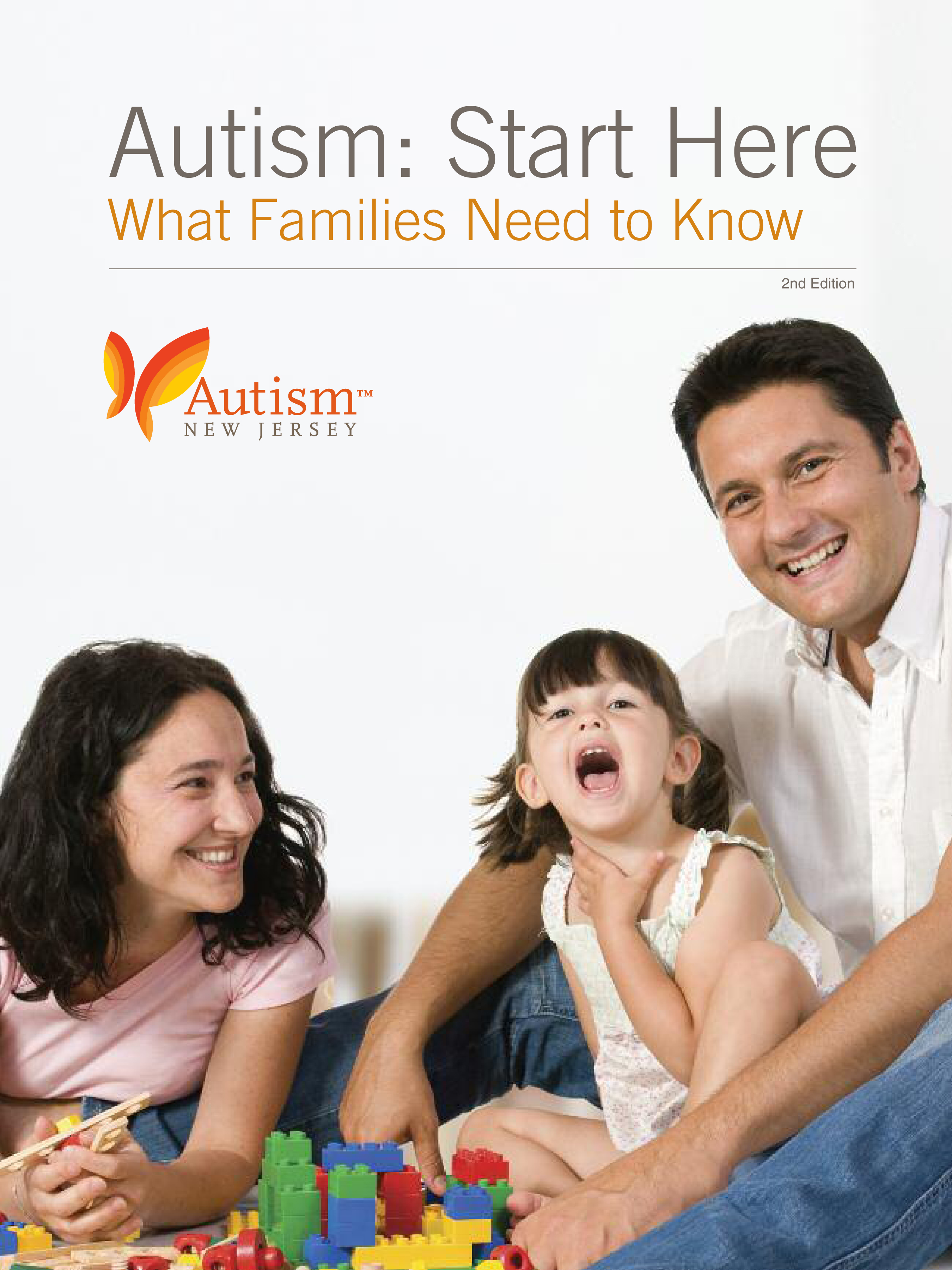Initial Discussions with Caregivers
Families, even those who brought concerns to the pediatrician and appear ready to accept an autism diagnosis, will have a wide range of reactions to receiving the formal diagnosis. It is important that a pediatrician dedicates time to hearing caregivers and responding to their questions and concerns. Sometimes, this may be best done at a follow-up appointment to allow families time to digest, reflect, and think of questions.
It is also important that you do not pathologize the diagnosis. While it is true that many individuals with autism will need many years or a lifetime of highly structured supports and services, many individuals with autism also go on to lead independent lives and achieve common milestones such as advanced degrees, marriages, and children. It is difficult to know at such a young age and prior to any intervention what outcomes are possible for any one patient. Families should be guided toward resources and supports for their child such as special education, ABA, speech therapy, and occupational therapy, but they should also not be made to feel that this is a devastating diagnosis sentencing their child to a life of struggles and dependence.

Start Here: What Families Need to Know
We regularly host the webinar, Autism: Start Here Virtual Meet Up. Check our events page for the next upcoming webinar.
Regardless of who diagnoses a patient, their pediatrician will remain an essential part of their care and support system throughout childhood, adolescence, and the transition to adulthood. A healthcare provider who is skilled in autism-friendly practices and neurodiversity-affirming care can greatly enhance the health and quality of life of their patients. In addition, autistic children and adolescents may have many professionals involved in their care. Their pediatrician is uniquely positioned to help coordinate that care when they remain knowledgeable and up-to-date in best practices in autism treatment.
Below is a list of resources that can be used to learn about and stay current on the autism community and evidence-based practices:
Association for Science in Autism Treatment: Medical Professionals
Finally, while pediatricians should become familiar with the wide range of presentations of autism spectrum disorder and how to support families in all situations, the complex needs of autistic patients and multitude of questions their families may have are likely to go beyond what a general pediatrician is able to answer.
Autism New Jersey is dedicated to helping individuals and their families throughout the lifespan as well as the professionals who support them. Our Information Services staff, supported by our Clinical Expertise staff, are available to answer any question you may have about your autistic patients. We also urge pediatricians to connect families directly to us via our 800.4.AUTISM Helpline. Whether it’s a question about finding special needs swimming lessons, safety-proofing a home, educational rights, guardianship and financial planning, or anything else your autistic patient may need to be safe, happy and healthy, we are here every step of the way.
